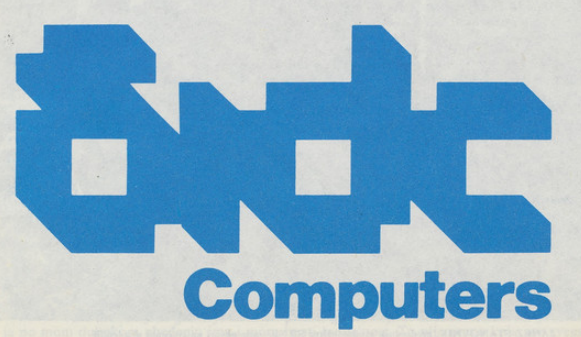Iskra Delta
First Days of Iskra Delta
Before Iskra Delta, a state-run company named Elektrotehna specialised in selling electrotechnical products to Yugoslav companies. In 1977 the department outgrew its original purpose and became an independent and specialised computer company named Delta, while still under the jurisdiction of Elektrotehna.
In 1978 Delta separated itself from Elektrotehna and started linking up with Iskra and Gorenje to form a company named Iskra Delta. The personnel coming into the company from Iskra enabled it to grow at an even higher pace, so much so it soon had its own sales and repairs centres all across Yugoslavia. Their success was based on their efforts to form a close relationship with users of their products. The resourcefulness of the company’s leadership soon saw them achieve success after success in Yugoslavia and abroad, where it cooperated with Great Britain, the United States of America, India, Austria, and most notably China, who they helped by establishing a network connecting 10 police stations in the country’s largest cities. Despite a long list of successful projects, political tensions and extreme economic conditions in late 1980s Yugoslavia led to the surprising and to this day not fully clarified downfall of Iskra Delta.
The Impact of Iskra Delta
The personnel coming into the company from Iskra enabled it to grow at an even higher pace. So much so it soon had its own sales and repairs centres all across Yugoslavia. Their success was based on their efforts to form a close relationship with the users of their products.
As early as 1980, Iskra Delta founded a New York delegation and made contacts with American suppliers, and so was in touch with the latest achievements in development in the Silicon Valley. The firm developed two new computers, Partner and Triglav (in international markets known as Trident), and in 1984 became the first to realise a project of a computer managing and running a hydroelectric power station from a distance. Its computers were also involved in the realisation of sporting events, such as ski jumping in Planica, skiing competitions in Kranjska Gora and Maribor, and the Winter Universiade in Czechoslovakia. Their cooperation granted the events full informational support, a record of participants, and the collecting and distribution of results at different locations. During their peak years, the company conscientiously presented their products at Interbiro fairs in Ljubljana and Zagreb and thus attracted many foreign clients. It was at such a fair in
1984 that Iskra Delta’s products enthralled representatives of the People’s Republic of China, who wanted to collaborate on a project which would connect the police stations of the ten largest cities in China via computer. Iskra Delta agreed to the cooperation and in 1986 successfully realised the enormous project. While the project bonded the two countries and was the largest purchase China had ever made in Yugoslavia, it experienced certain complications. This cooperation between Yugoslavia and China also attracted the attention of Chinese and other eastern countries’ intelligence services.
Podcasts
The following podcast features Iskra Delta’s longest-standing director Janez Škrubej discussing what went on in the company during the Cold War and how they carried out the company’s largest project in China. https://val202.rtvslo.si/2016/02/frekvenca-x-27/
In the second part of the podcast, Škrubej is joined by former Iskra Delta employee Andrej Grebenc, Council of Electronic Communications president Dušan Caf, and computer engineer Damjan Žemva. They discuss why the sudden downfall of the company in still not fully explained circumstances occurred. https://val202.rtvslo.si/2016/06/frekvenca-x-40/

Picture 1: Iskra Delta Computers (IDC) logo
